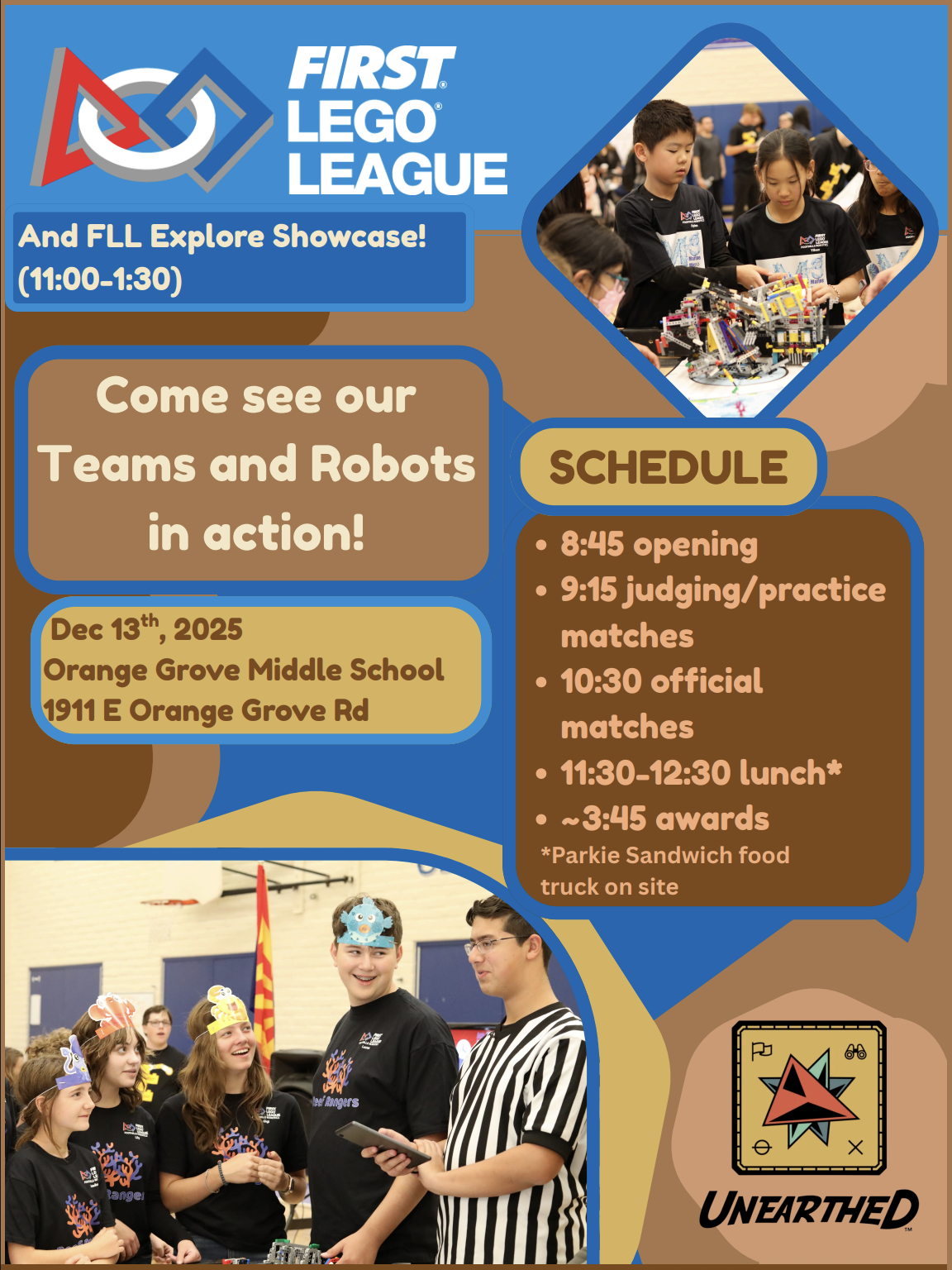
December 17, 2025
Your Arizona school tax credit makes the most of your money and helps our students grow
Through Arizona's Public School Tax Credit, you can support the extracurricular activities that help our students grow, and receive a dollar-for-dollar tax credit when you file your Arizona state i...

 Additional settings for Safari Browser.
Additional settings for Safari Browser.



_1746828570.png)





